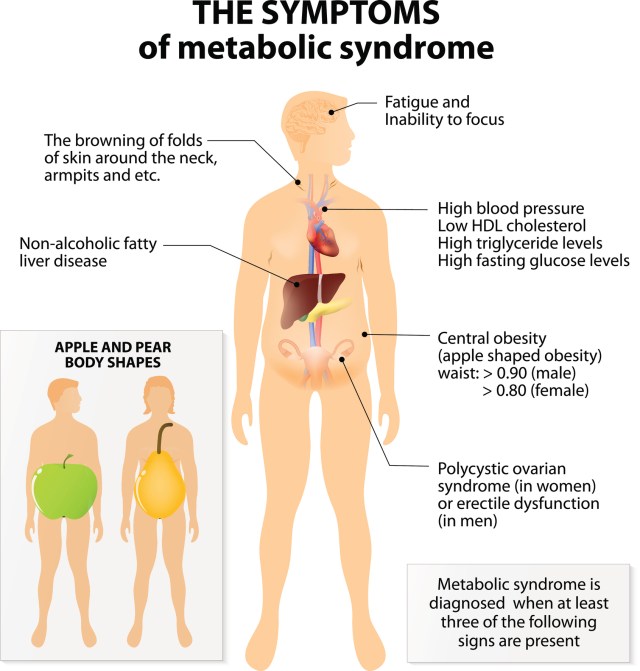Metabolic health is defined as having ideal levels of blood sugar, triglycerides, high-density lipoprotein (HDL) cholesterol, blood pressure and waist circumference without using medications. These factors directly relate to your risk of heart disease, diabetes and stroke. What’s scary? Only 12% of Americans are considered metabolically healthy.
A thin or normal weight person could also have less than ideal levels of blood sugar, triglycerides, high-density lipoprotein (HDL) cholesterol and blood pressure, as is the case if just a minority of Americans are considered metabolically healthy.
And the most common way of determining how healthy you are may not be accurate.
BMI, which stands for Body Mass Index, is an equation used to measure body fat based on height and weight. Doctors use BMI as a tool to determine if someone is at greater risk for certain health conditions, but it can be inaccurate at times and lead to a misdiagnosis of being unhealthy or overweight, even if you are metabolically healthy. For example, if you do strength training exercise regularly, you may have more muscle than someone who doesn’t exercise. According to the scale, you might weigh more because of the muscle you have, which leads to a higher BMI, but you may be healthier than the person who doesn’t exercise regularly but happens to weigh less.
Waist size and waist-to-hip ratio may be more accurate in determining your metabolic health:
- Waist size: Women with waist sizes greater than 35 inches and men with waist sizes greater than 40 inches are more likely to have metabolic health issues.
- Waist-to-hip ratio: This is found by dividing the circumference of the waist by the circumference of the hips (measured at widest part). For example, someone with 40-inch hips and a 32-inch waist would have a waist-to-hip ratio of .8 (32 divided by 40). Women with waist-to-hip ratios in the .7 range and men with a waist-to-hip ratio within the .9 range are most likely metabolically healthier.
If your waist size and waist-to-hip ratio is higher than you’d like, a low carb lifestyle may help improve your metabolic health, because a low carb lifestyle has been shown to reduce your chances of having metabolic syndrome. Metabolic syndrome is a health condition that puts you at a higher risk for heart disease, diabetes and stroke. It’s also encouraging to see that a low carb lifestyle has health benefits beyond just weight loss, with over 100 clinical studies to support this.
When it comes to your metabolic health, it’s not necessarily about the number on the scale, and a delicious and sustainable low carb lifestyle could be your key to success.
* Consult your physician or health care provider before beginning Atkins as you would any other weight loss or weight maintenance program.
